Saturday Night and Sunday Morning
"Saturday Night and Sunday Morning" is a 1960 British drama film directed by Karel Reisz, based on the novel of the same name by Alan Sillitoe. It is considered one of the defining films of the British New Wave movement, which sought to depict the struggles of working-class individuals in post-World War II Britain. The film stars Albert Finney as Arthur Seaton, a rebellious factory worker who spends his weekends drinking, fighting, and pursuing affairs with married women.
The film is a raw and honest portrayal of the working-class life in Britain, with themes of class struggle, social inequality, and disillusionment. It also features a groundbreaking performance by Finney, who perfectly embodies the character of Arthur Seaton. "Saturday Night and Sunday Morning" remains a classic British kitchen sink film and a must-watch for anyone interested in the genre.
Keywords: British New Wave, working-class, post-World War II, Albert Finney, rebellious, class struggle, social inequality, disillusionment, classic
A Taste of Honey
"A Taste of Honey" is a 1961 British drama film directed by Tony Richardson. It is an adaptation of the play of the same name by Shelagh Delaney, who also co-wrote the screenplay. The film follows the story of Jo, a teenage girl living in a rundown area of Manchester with her alcoholic mother. Jo becomes pregnant and forms an unlikely bond with a gay art student, while also dealing with the disapproval and judgment of those around her.
The film tackles themes of poverty, teenage pregnancy, and homosexuality, all of which were considered controversial at the time of its release. It challenged societal norms and shed light on the struggles of marginalized individuals in British society. "A Taste of Honey" is a thought-provoking and emotional kitchen sink film that still resonates with audiences today.
Keywords: Tony Richardson, adaptation, Shelagh Delaney, teenage pregnancy, homosexuality, societal norms, marginalized, thought-provoking, emotional
The Loneliness of the Long Distance Runner
"The Loneliness of the Long Distance Runner" is a 1962 British drama film directed by Tony Richardson. It is based on the short story of the same name by Alan Sillitoe, who also wrote the screenplay. The film follows a rebellious teenager named Colin Smith, who is sent to a juvenile detention center for robbing a bakery. There, he discovers a talent for running and is chosen to compete in a prestigious race against a local public school.
The film explores themes of youth rebellion, class struggle, and the corrupting influence of authority. It also features a powerful performance by lead actor Tom Courtenay, who perfectly captures the character of Colin Smith. "The Loneliness of the Long Distance Runner" is a thought-provoking and intense kitchen sink film that has stood the test of time.
Keywords: Tony Richardson, Alan Sillitoe, rebellious, juvenile detention center, talent for running, class struggle, corrupting influence, powerful performance, thought-provoking, intense
Look Back in Anger
"Look Back in Anger" is a 1959 British drama film directed by Tony Richardson, based on the play of the same name by John Osborne. It stars Richard Burton as Jimmy Porter, a disillusioned young man who expresses his frustrations and anger towards society and his relationships. The film is often credited as the start of the British New Wave movement and is known for its raw and gritty portrayal of working-class life.
The film caused controversy upon its release for its explicit language and themes of class and social inequality. It also received critical acclaim for its powerful performances and honest depiction of the struggles faced by the working class. "Look Back in Anger" remains a groundbreaking and influential British kitchen sink film.
Keywords: John Osborne, Richard Burton, British New Wave, raw, gritty, explicit language, class, social inequality, critical acclaim, influential
This Sporting Life
"This Sporting Life" is a 1963 British drama film directed by Lindsay Anderson. It is an adaptation of the novel of the same name by David Storey, who also wrote the screenplay. The film follows the story of Frank Machin, a coal miner who becomes a successful rugby player. As he rises to fame, he struggles with his relationships, including a volatile one with his landlady.
The film delves into themes of class, masculinity, and the corrupting influence of fame. It also features a standout performance by lead actor Richard Harris, who received an Academy Award nomination for his role. "This Sporting Life" is a gripping and emotional kitchen sink film that offers a unique perspective on fame and its consequences.
Keywords: Lindsay Anderson, David Storey, coal miner, rugby player, fame, relationships, class, masculinity, corrupting influence, Academy Award
A Kind of Loving
"A Kind of Loving" is a 1962 British drama film directed by John Schlesinger, based on the novel of the same name by Stan Barstow. It stars Alan Bates as Vic, a young draughtsman who falls in love with a co-worker named Ingrid. The film follows their relationship as they navigate the challenges of marriage and parenthood in a working-class setting.
The film is known for its realistic portrayal of marriage and its exploration of themes such as love, sex, and responsibility. It also features strong performances from its lead actors and is considered one of the best examples of a British kitchen sink film. "A Kind of Loving" is a must-see for fans of the genre.
Keywords: John Schlesinger, Stan Barstow, Alan Bates, marriage, working-class, love, sex, responsibility, strong performances, must-see
The L-Shaped Room
"The L-Shaped Room" is a 1962 British drama film directed by Bryan Forbes, based on the novel of the same name by Lynne Reid Banks. It follows the story of Jane, a young single woman who becomes pregnant and moves into a rundown boarding house. There, she forms relationships with her eccentric neighbors and learns to navigate life as a single mother.
The film tackles themes of single motherhood, social stigma, and the struggles faced by women in the 1960s. It also features a standout performance by lead actress Leslie Caron, who received an Academy Award nomination for her role. "The L-Shaped Room" is a poignant and relatable kitchen sink film that offers a glimpse into the lives of women during this time period.
Keywords: Bryan Forbes, Lynne Reid Banks, single motherhood, social stigma, struggles, women, 1960s, Leslie Caron, Academy Award
The Leather Boys
"The Leather Boys" is a 1964 British drama film directed by Sidney J. Furie. It is an adaptation of the novel of the same name by Gillian Freeman, who also wrote the screenplay. The film follows the story of two working-class young men, Reggie and Dot, who get married at a young age. As their relationship deteriorates, Reggie discovers his true identity and struggles to come to terms with it in a society that is not accepting of homosexuality.
The film tackles themes of sexuality, identity, and societal expectations. It also features a standout performance by lead actor Colin Campbell and is considered a groundbreaking film for its honest portrayal of homosexuality in British cinema. "The Leather Boys" remains a powerful and thought-provoking kitchen sink film.
Keywords: Sidney J. Furie, Gillian Freeman, working-class, marriage, sexuality, identity, societal expectations, Colin Campbell, groundbreaking, honest portrayal, thought-provoking
The Knack ...and How to Get It
"The Knack ...and How to Get It" is a 1965 British comedy film directed by Richard Lester. It is based on the play of the same name by Ann Jellicoe and follows the lives of three young men living in swinging 1960s London. One of the men, Tolen, is a smooth-talking womanizer, while the other two, Colin and Tom, struggle to find success with women.
The film is a satirical look at the "swinging London" culture of the 1960s, with themes of sexual liberation and social commentary. It also features a standout performance by lead actor Michael Crawford and is known for its stylish and energetic direction by Lester. "The Knack ...and How to Get It" is a fun and entertaining addition to the British kitchen sink film genre.
Keywords: Richard Lester, Ann Jellicoe, swinging London, sexual liberation, social commentary, Michael Crawford, stylish, energetic, fun, entertaining
Alfie
"Alfie" is a 1966 British romantic comedy-drama film directed by Lewis Gilbert and starring Michael Caine. It is based on the play of the same name by Bill Naughton, who also wrote the screenplay. The film follows the life of Alfie, a charming and promiscuous womanizer, as he navigates relationships and reflects on his irresponsible behavior.
The film is a commentary on the "swinging London" lifestyle of the 1960s and delves into themes of love, sex, and the consequences of one's actions. It also features a standout performance by Michael Caine, who received an Academy Award nomination for his role. "Alfie" is a witty and thought-provoking addition to the British kitchen sink film genre.
Keywords: Lewis Gilbert, Bill Naughton, Michael Caine, womanizer, swinging London, love, sex, consequences, Academy Award, witty, thought-provoking
The Rise of British Kitchen Sink Films

The Evolution of House Design in Cinema
 When we think of British cinema, we often conjure up images of period dramas set in grand manor houses or gritty crime thrillers set in the bustling city streets. However, there is another genre that has emerged from the British film industry and has made a significant impact on cinema worldwide - the British kitchen sink film.
Originating in the late 1950s and early 1960s, the term "kitchen sink" was used to describe a new wave of films that focused on the lives of working-class individuals and their day-to-day struggles. These films often took place in the domestic setting of a small, cramped kitchen, hence the name. They were a stark contrast to the glamorous and idealized portrayals of British life seen in Hollywood films.
Kitchen sink films were a reaction to the traditional, romanticized depictions of British society and instead offered a more realistic and gritty portrayal of working-class life.
They challenged traditional societal norms and shed light on issues such as poverty, class divisions, and the struggles of everyday people.
One of the most iconic examples of this genre is "Saturday Night and Sunday Morning" (1960), which follows the rebellious and working-class Arthur Seaton as he navigates his mundane factory job and tumultuous relationships. The film not only received critical acclaim but also resonated with audiences who could relate to the struggles of the protagonist.
The success and impact of British kitchen sink films can also be seen in their influence on house design in cinema.
Instead of the grand and opulent homes often seen in films, kitchen sink films depicted small, run-down houses with peeling wallpaper and overcrowded living spaces. This focus on realism and the mundane aspects of everyday life in these films influenced a shift in the way house design was portrayed on screen.
In contrast to Hollywood's idealized and aspirational homes, British kitchen sink films showed the true living conditions of the working class and brought a sense of authenticity to cinema. This trend continued in films such as "Kes" (1969) and "Naked" (1993), which further explored the theme of social issues and the impact of the environment on individuals.
In conclusion, the rise of British kitchen sink films has not only brought a new genre to the forefront of cinema but also had a significant impact on the portrayal of house design on screen. These films have challenged societal norms and given a voice to the working class, making them an integral part of British film history.
When we think of British cinema, we often conjure up images of period dramas set in grand manor houses or gritty crime thrillers set in the bustling city streets. However, there is another genre that has emerged from the British film industry and has made a significant impact on cinema worldwide - the British kitchen sink film.
Originating in the late 1950s and early 1960s, the term "kitchen sink" was used to describe a new wave of films that focused on the lives of working-class individuals and their day-to-day struggles. These films often took place in the domestic setting of a small, cramped kitchen, hence the name. They were a stark contrast to the glamorous and idealized portrayals of British life seen in Hollywood films.
Kitchen sink films were a reaction to the traditional, romanticized depictions of British society and instead offered a more realistic and gritty portrayal of working-class life.
They challenged traditional societal norms and shed light on issues such as poverty, class divisions, and the struggles of everyday people.
One of the most iconic examples of this genre is "Saturday Night and Sunday Morning" (1960), which follows the rebellious and working-class Arthur Seaton as he navigates his mundane factory job and tumultuous relationships. The film not only received critical acclaim but also resonated with audiences who could relate to the struggles of the protagonist.
The success and impact of British kitchen sink films can also be seen in their influence on house design in cinema.
Instead of the grand and opulent homes often seen in films, kitchen sink films depicted small, run-down houses with peeling wallpaper and overcrowded living spaces. This focus on realism and the mundane aspects of everyday life in these films influenced a shift in the way house design was portrayed on screen.
In contrast to Hollywood's idealized and aspirational homes, British kitchen sink films showed the true living conditions of the working class and brought a sense of authenticity to cinema. This trend continued in films such as "Kes" (1969) and "Naked" (1993), which further explored the theme of social issues and the impact of the environment on individuals.
In conclusion, the rise of British kitchen sink films has not only brought a new genre to the forefront of cinema but also had a significant impact on the portrayal of house design on screen. These films have challenged societal norms and given a voice to the working class, making them an integral part of British film history.




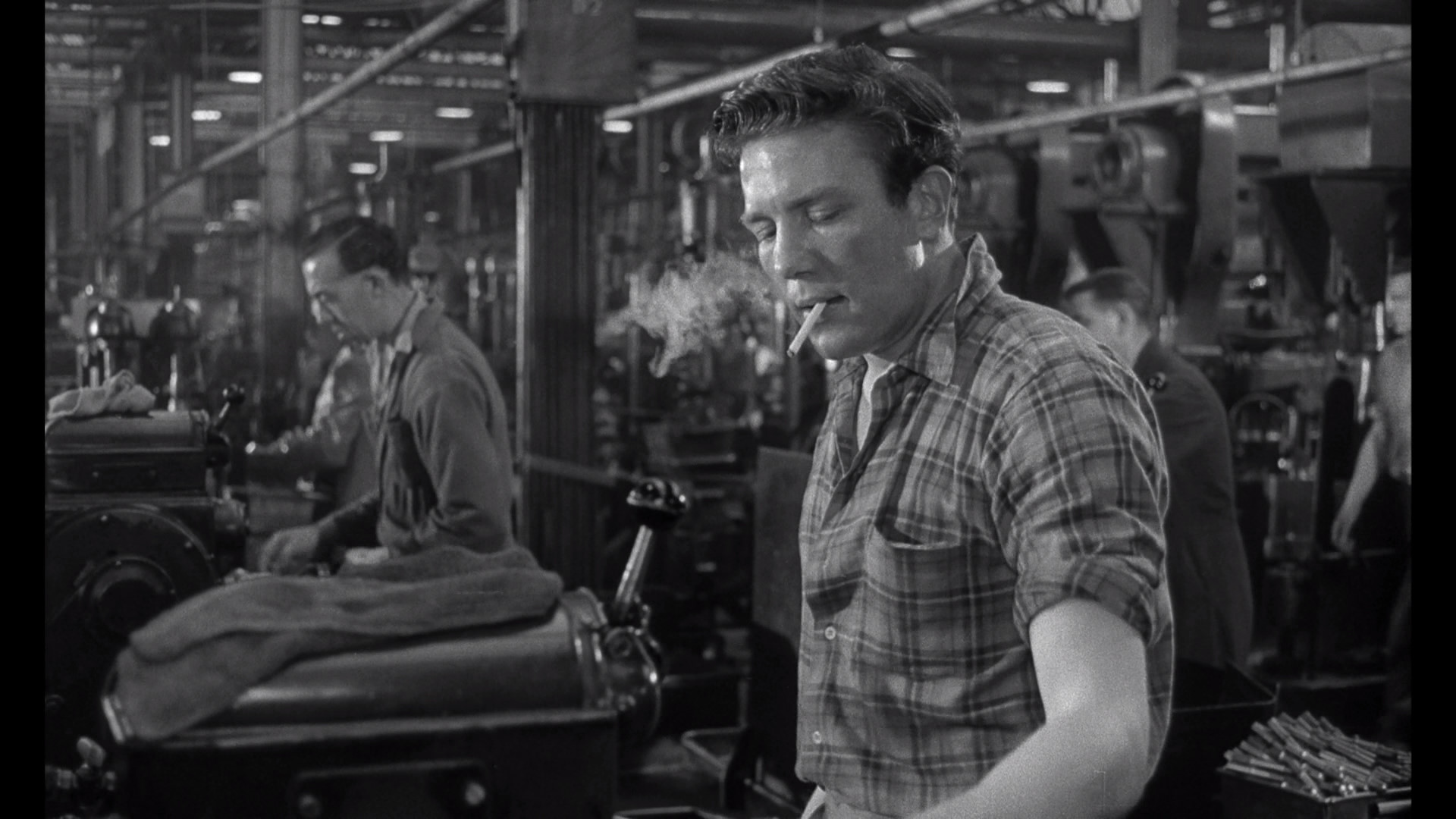

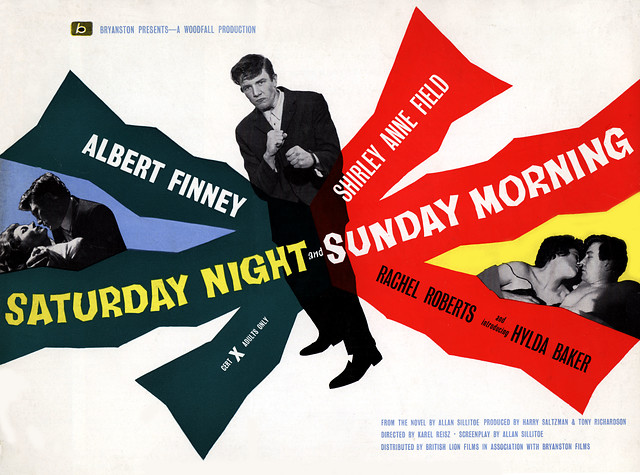
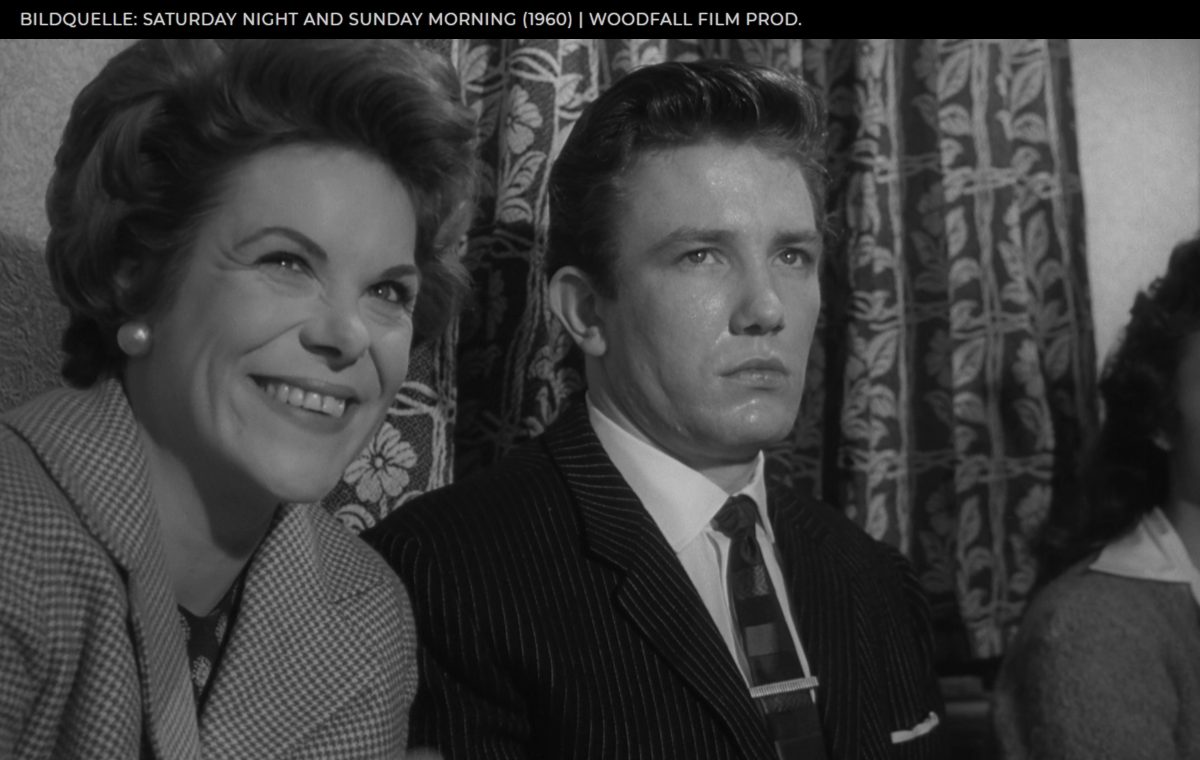










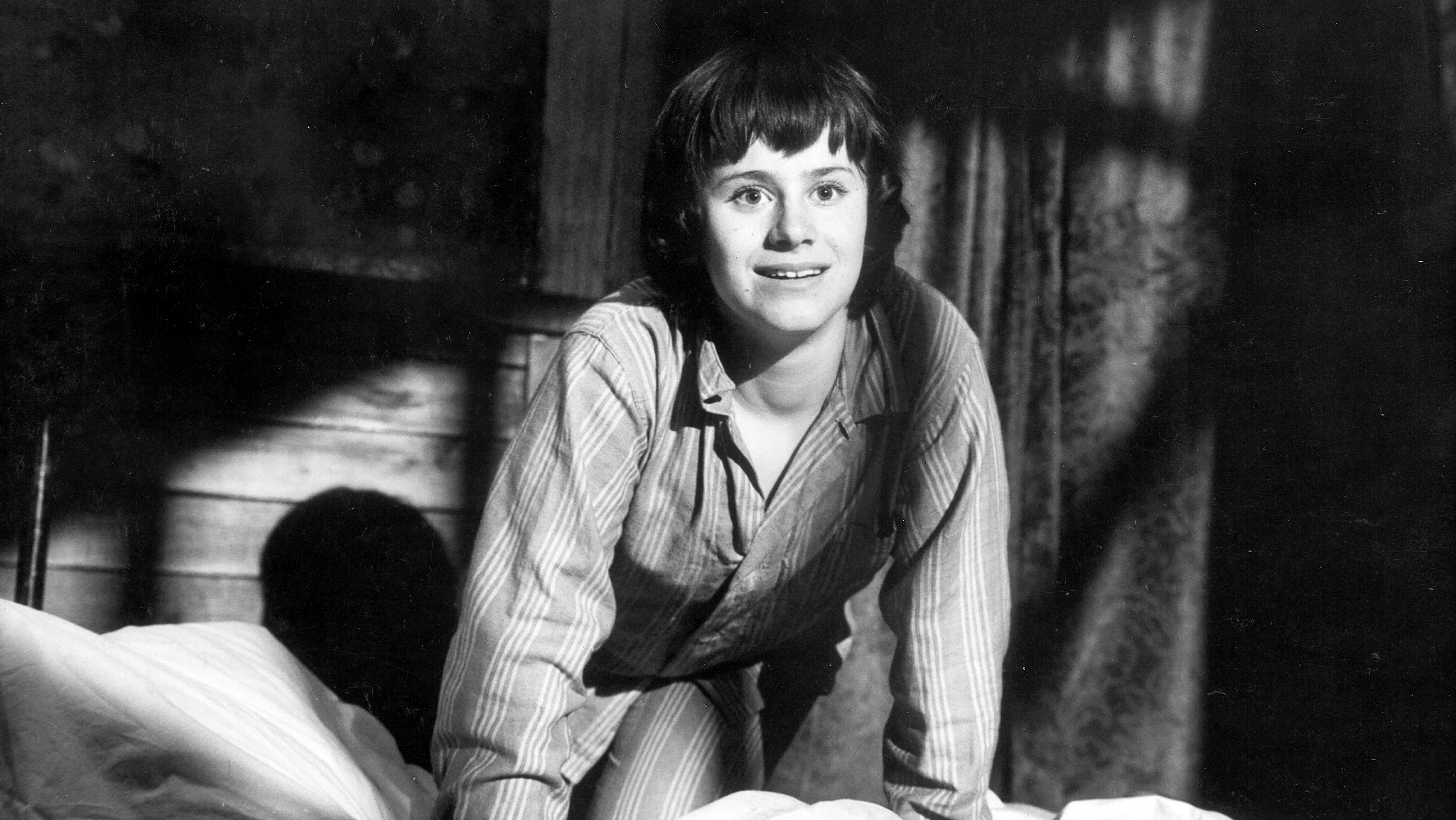




















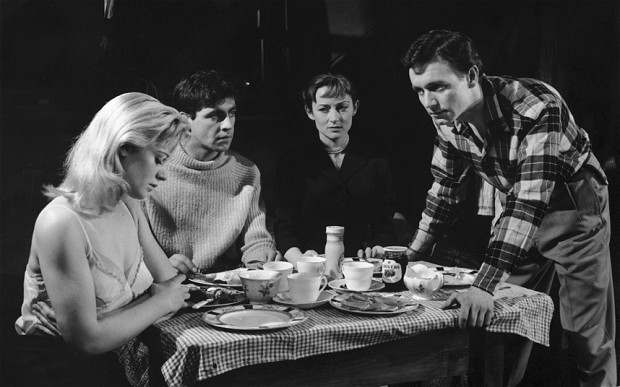

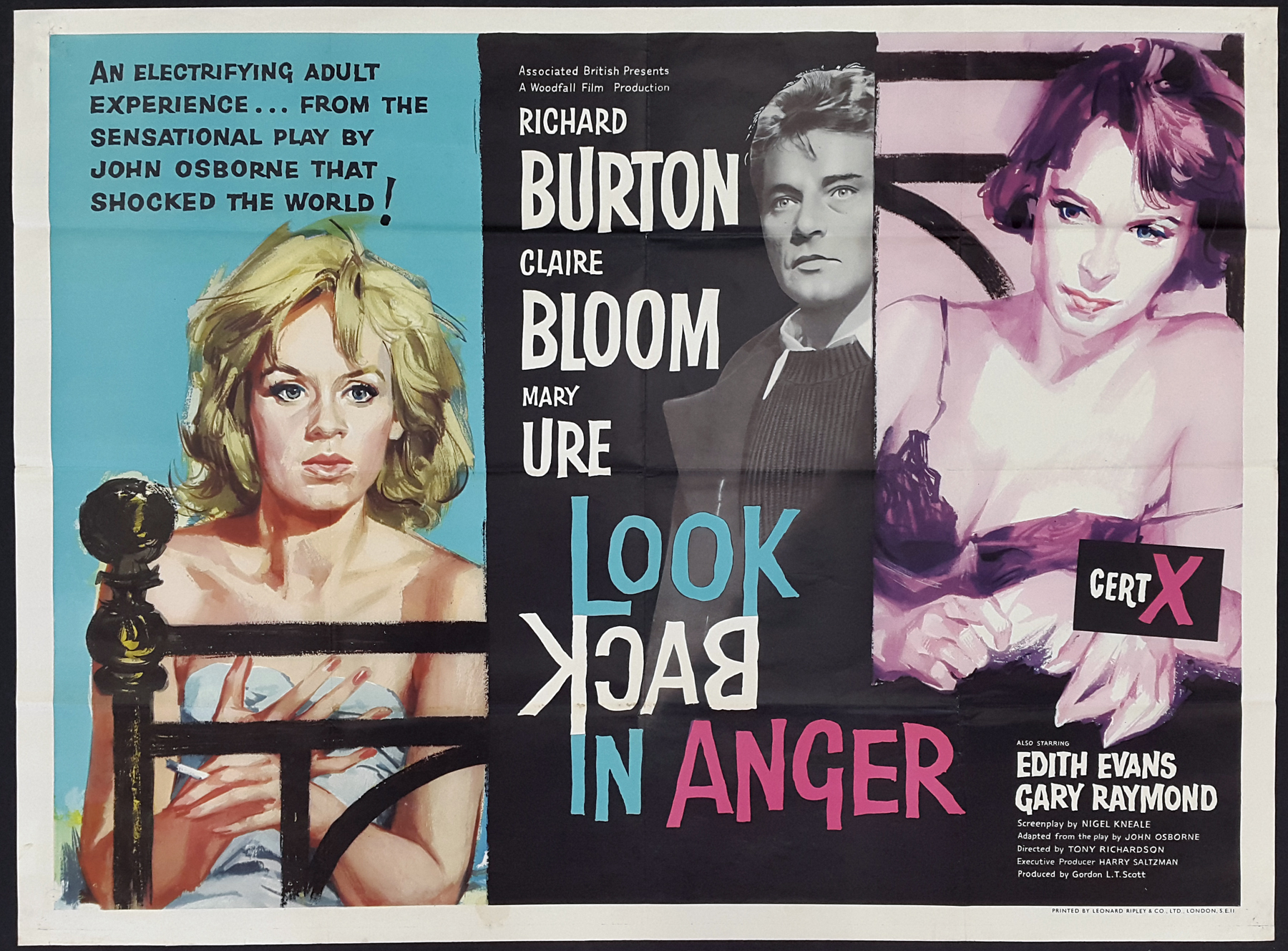









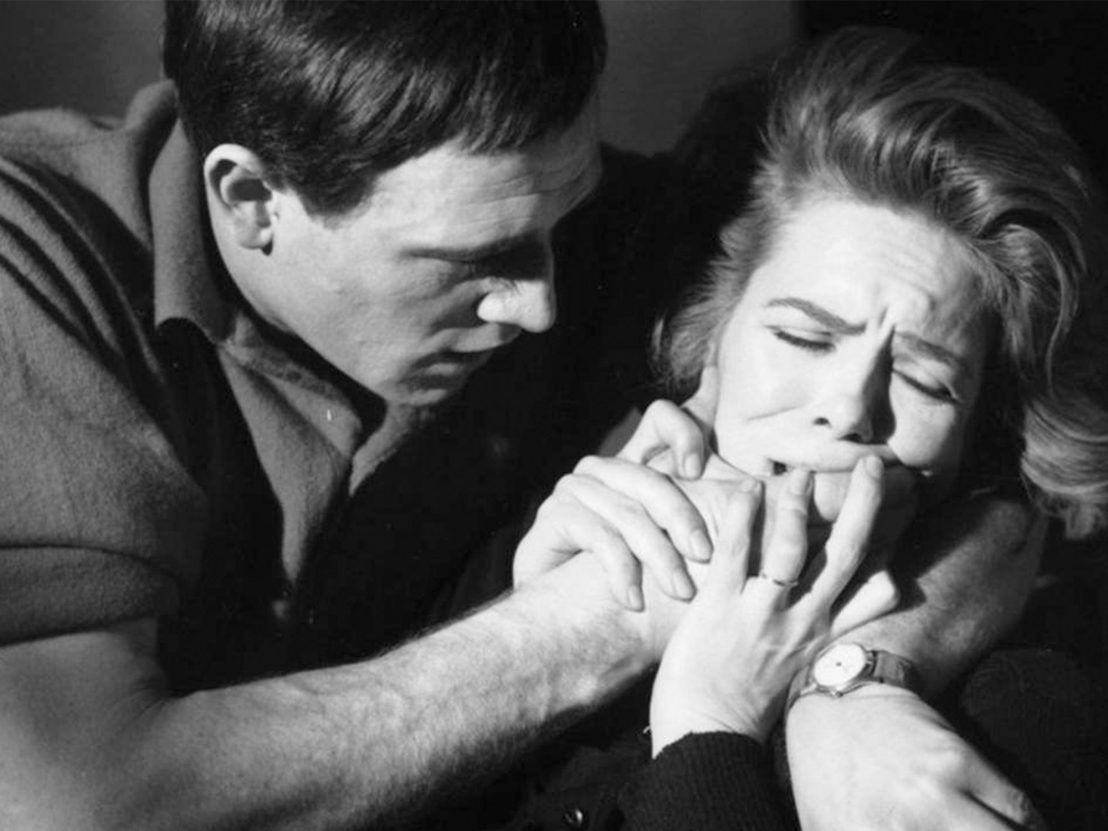






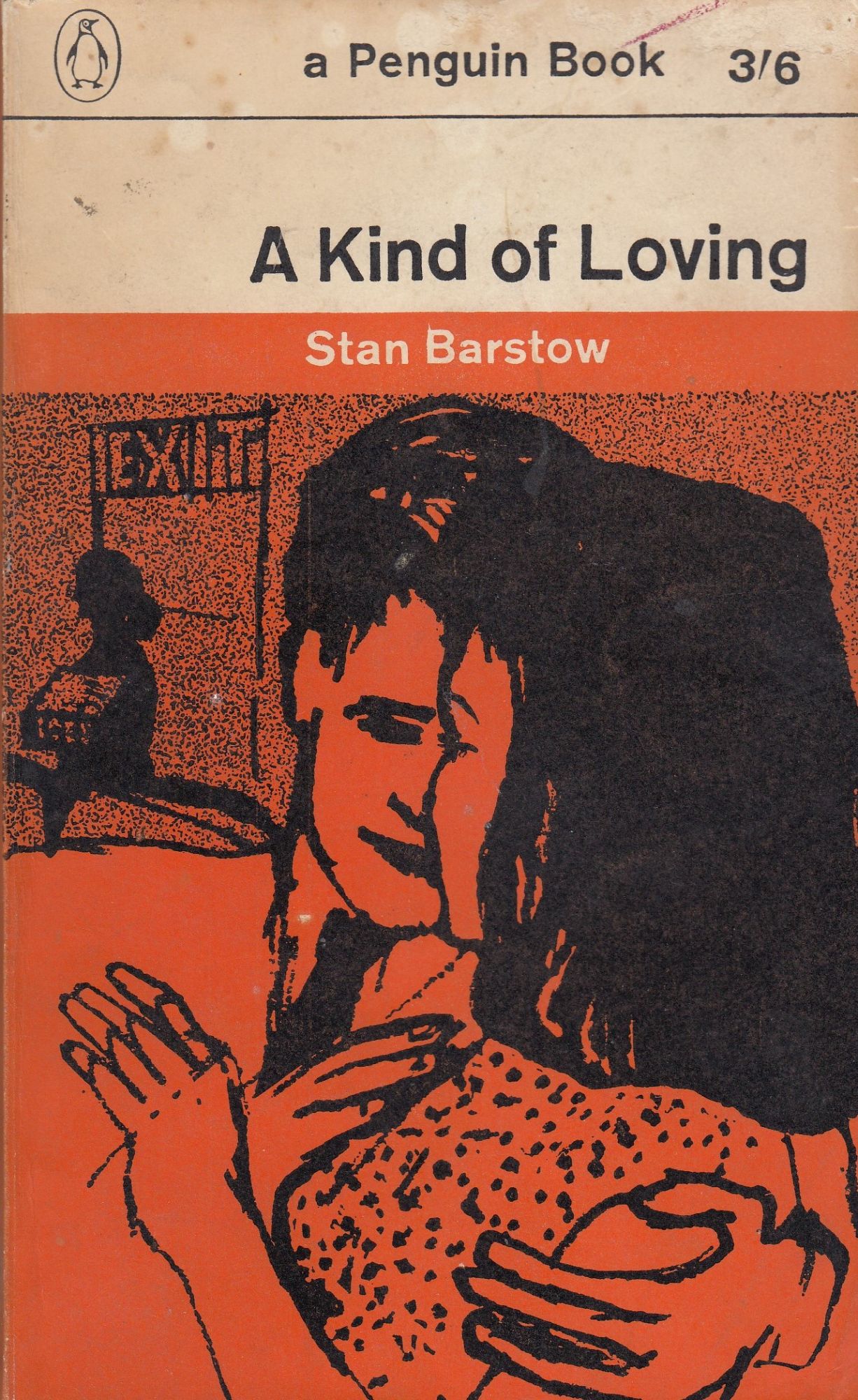

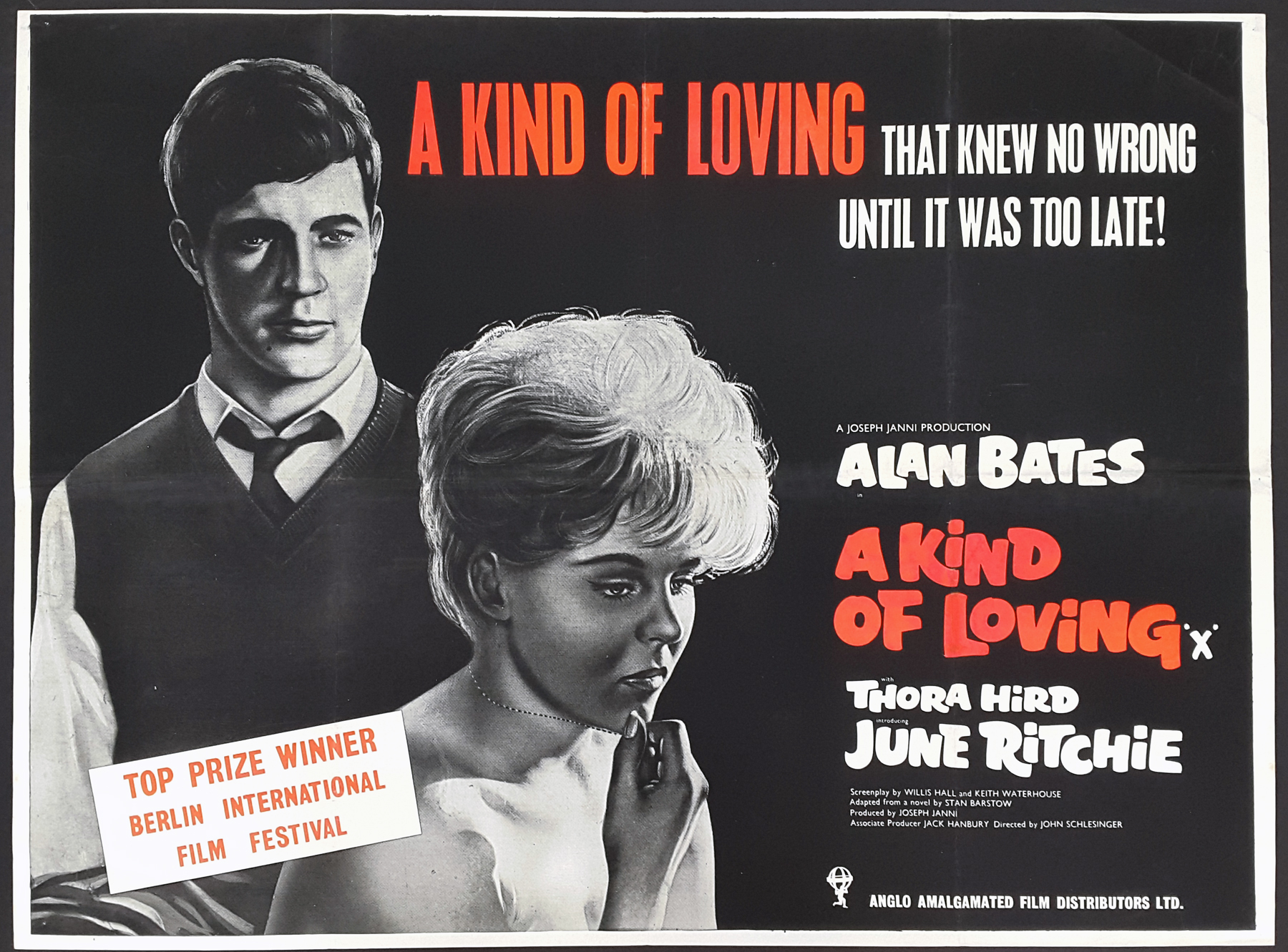




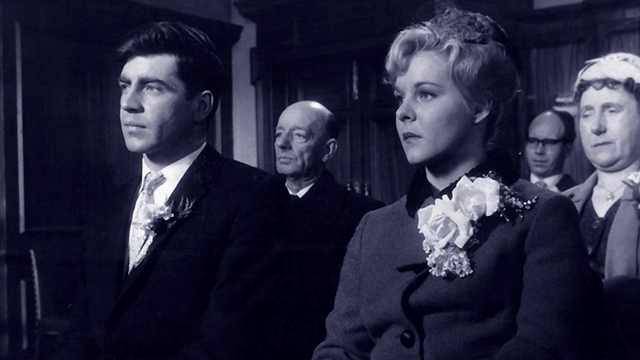
















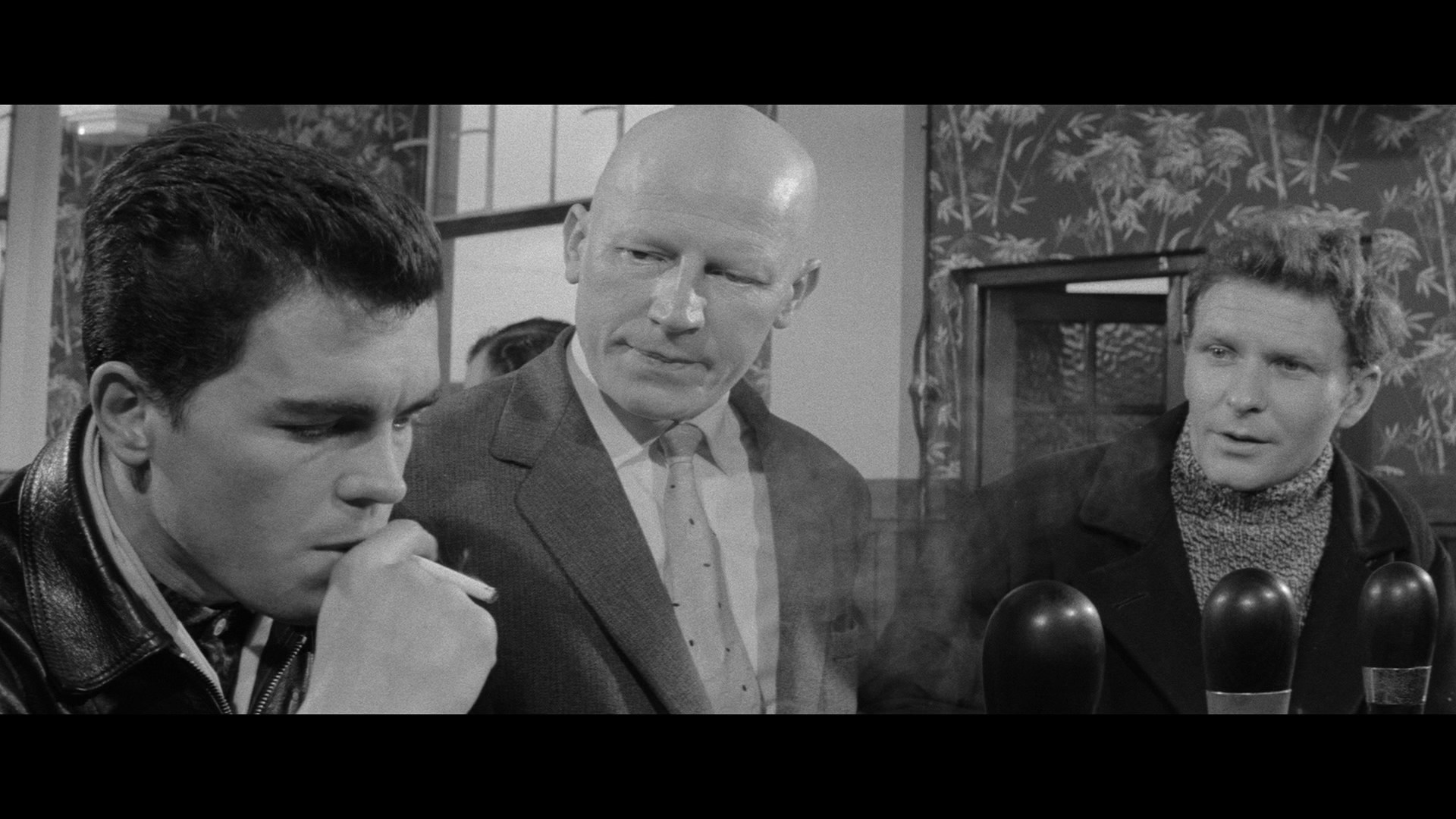




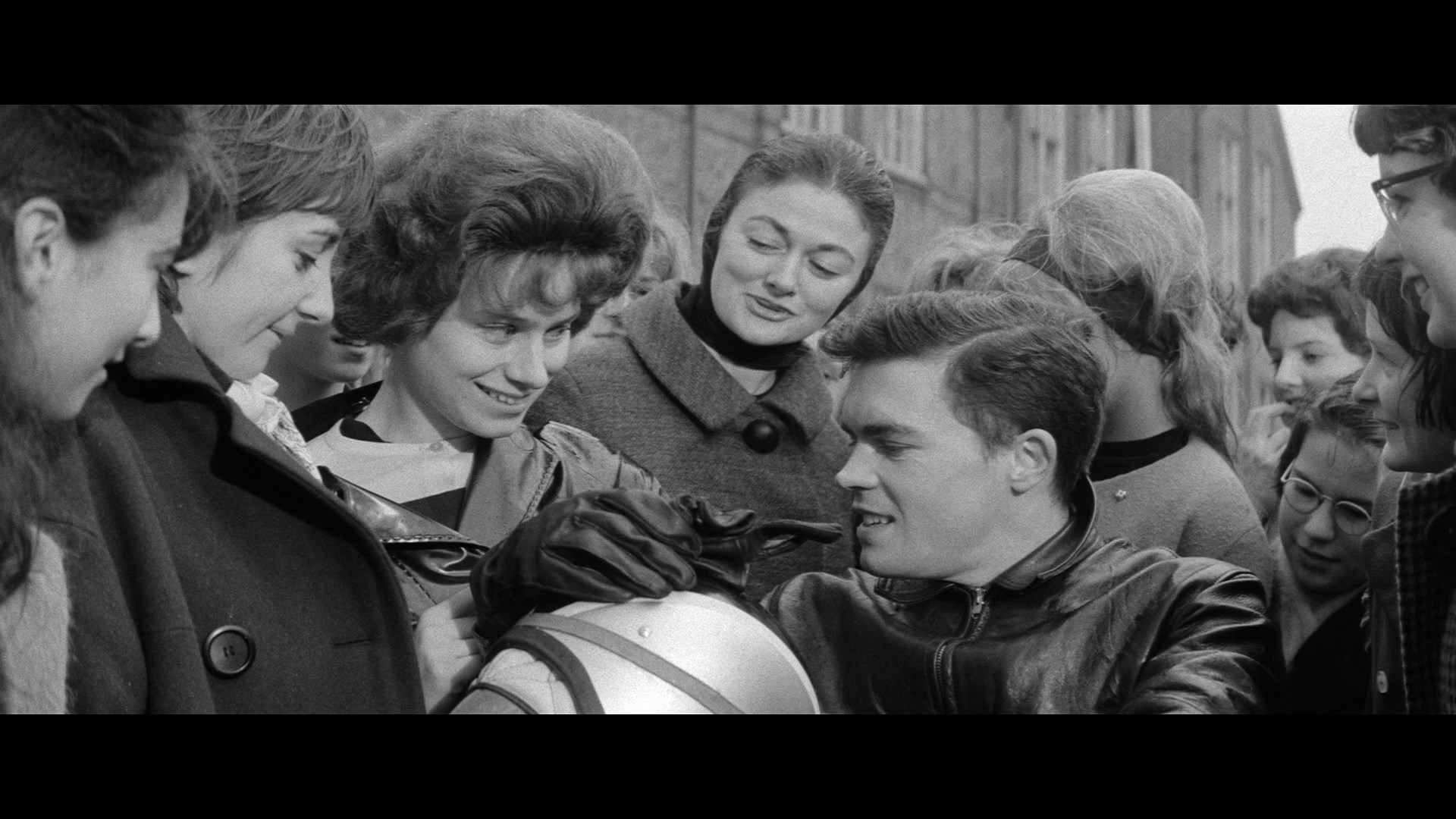












/cdn.vox-cdn.com/uploads/chorus_image/image/54649803/8.0.jpg)


.jpg/1200px-Alfie_Boe_sings_during_a_Memorial_Day_concert_on_the_west_lawn_of_the_U.S._Capitol_in_Washington%2C_D.C.%2C_May_26%2C_2013_130526-A-AO884-189_(cropped).jpg)













